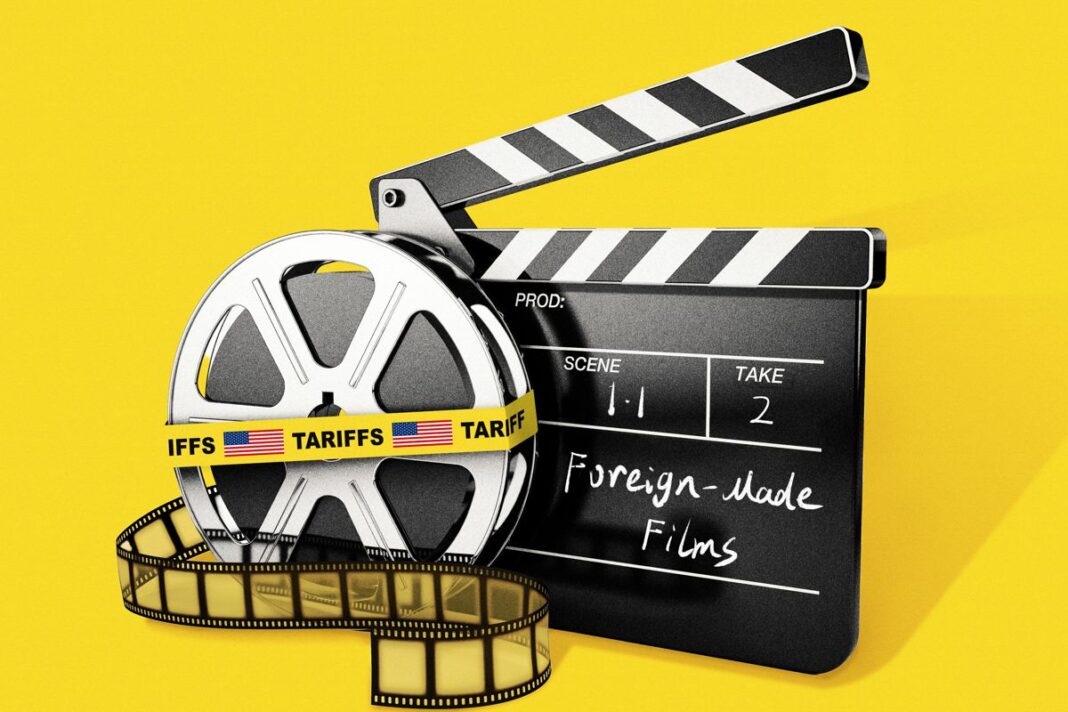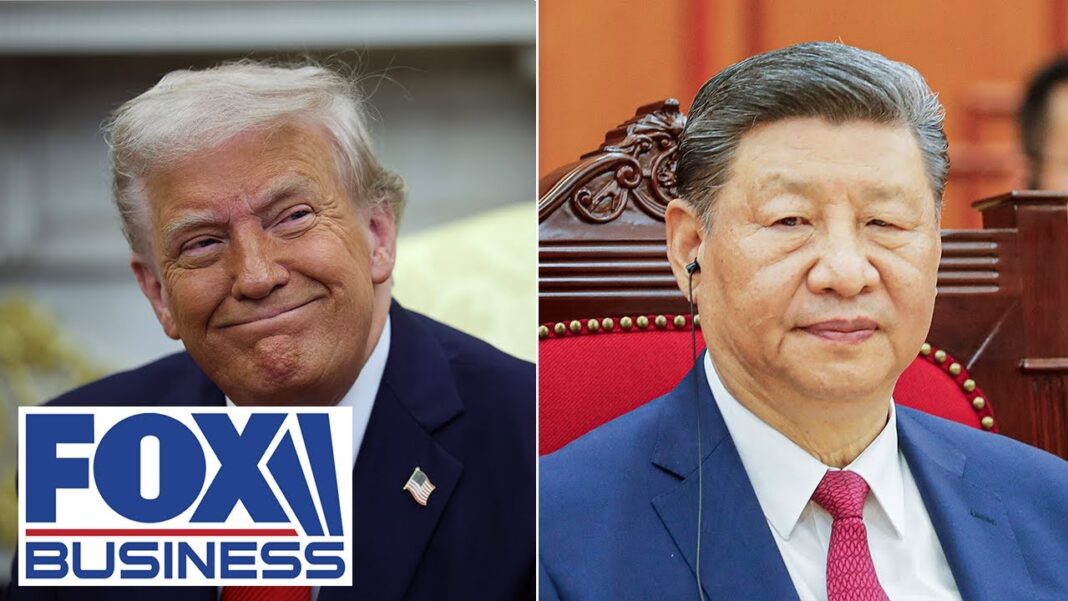‘Foreign governments have successfully lured [away] film and television productions and the multitude of jobs they create,’ the largest union said.
After the initial shockwaves subsided over President Donald Trump’s May 5 announcement that he intends to implement a 100 percent levy on all foreign-made films, Hollywood labor unions ventured cautious optimism at the idea that at least someone in Washington might be paying attention to the plight of the industry’s rank-and-file workers.
“President Trump has correctly recognized that the American film and television industry faces an urgent threat from international competition,” leaders of the International Alliance of Theatrical Stage Employees (IATSE), one of the largest and most powerful entertainment unions, said in a statement.
“Foreign governments have successfully lured film and television productions, and the multitude of jobs they create, away from the United States with aggressive tax incentives and subsidies. Films intended for initial release in the U.S. are increasingly being shot overseas—and American workers and our economy are paying the price.”
The entertainment industry has taken an unrelenting beating over the past several years—streaming wars, the pandemic, mergers and layoffs, strikes, and accelerating runaway production have gutted the industry, leaving record numbers without work and little hope of a rebound. Runaway productions generally refer to productions intended for release or broadcast in the United States but actually filmed in another country, or those made by L.A.-based studios that shoot in other states in order to take advantage of competitive tax incentives or other economic benefits.
Calling incentives offered to lure production overseas a “concerted effort” by other nations and thus a national security threat, the president said he was authorizing the Department of Commerce and the U.S. trade representative to immediately begin instituting 100 percent tariffs on “any and all movies coming into our Country that are produced in Foreign Lands.”
How exactly tariffs on foreign films would work—or really what even constitutes an American-made or foreign-made film in the age of streaming, co-production and globalized post-production—is yet to be determined.
Unlike most of Trump’s trade-related actions thus far, this latest salvo targets not physical goods that come through U.S. ports, but digitally transmitted services that rely on an increasingly international supply chain.








